The Risky Cities Project Team
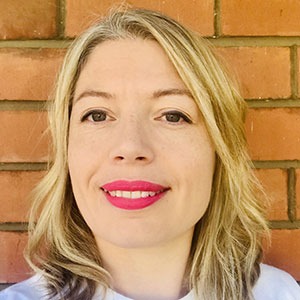
Dr Briony McDonagh (PI)
Risky Cities Project Lead and Professor of Environmental Humanities at the Energy & Environment Institute at the University of Hull
I’m a historical geographer and environmental historian with research interests in the green-blue humanities. I’m particularly interested in histories and cultures of water and flood from the medieval period to the modern day. I’ve also published widely on women’s histories and the historical geographies of property, enclosure and the commons. My book, Elite Women and the Agricultural Landscape 1700-1830 (Routledge, 2017), won Joan Thirsk Memorial Prize and Women’s History Network Book Prize, and I’m a former President of the Geography Section of the British Science Association. I’m really excited to be leading this project and delighted to be working with communities and arts organisations in delivering on our objectives.
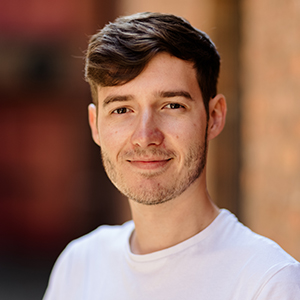
Jack Chamberlain
Creative Producer, Risky Cities at the University of Hull
I am a multi-disciplinary arts producer, performer, and theatre maker. Throughout my career, I’ve worked with numerous organisations and companies to deliver a wide variety of different arts activities including interactive theatre, street performance, audio plays and artist development opportunities. I love to create experiences that are shaped alongside communities and audiences, whether as part of the creative process or during a performance or event itself. Alongside Risky Cities, I am currently undergoing a research process to explore how to integrate virtual and augmented realities into my theatre work.
I have worked with organisations such as Middle Child, Absolutely Cultured and Hull Truck Theatre, and in partnership with Back To Ours, The Roundhouse, Hull Carnival Arts, Heritage Learning and more.
I am thrilled to be part of Risky Cities as the creative producer to develop co-created, artistically ambitious projects in pockets of the city. Utilising the leading research of the University, the creativity of artists and the spirit of local residents, we can combine science, arts and heritage to raise climate awareness and build flood resilience in our communities.
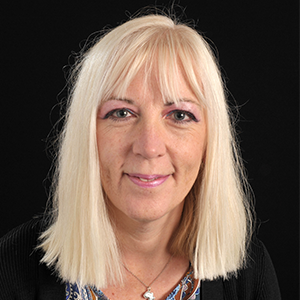
Dr Gill Hughes (CI)
Lecturer in Education Studies at the University of Hull
I am a Lecturer in the School of Education in Youth Work and Community Development/Education Studies and convenor for Social Justice research theme. I host a community partnership project – #thehullwewant seeking needs and dreams for the future of Hull. I am also a CI with Sheffield University MAGIC project – a community led approach to managing flood resilience. In addition, Dr Chris Skinner and I have a science and engagement project, relating to flooding in Hull, co-creating an environment forum with members of Hull Young People’s Parliament and the Voice and Influence Team, Hull City Council. I am also a joint co-ordinator for the Wellcome Trust / British Science Association innovative pilot of the ideas fund in Hull.
In Risky Cities I am involved in working with communities and young people to develop relational approaches to engagement and co-production. I am really excited to be part of this innovative and inspiring project exploring water cultures with communities in Hull.

Dr Stewart Mottram (CI)
Senior Lecturer in English at the University of Hull
I am a Senior Lecturer in English at the University of Hull, specialising in interdisciplinary approaches to English seventeenth-century literature, history, and culture. Combining literature with environmental history, my current research focuses on water management in the Humber estuary, and on representations of water and flooding in the writing of the ‘tide of Humber’ poet, Andrew Marvell (1621-78). I’ve been working on the life and literature of Andrew Marvell for several years now. I’m author of Ruin and Reformation in Spenser, Shakespeare, and Marvell (OUP, 2019), and in 2019-20 led an AHRC/XR Stories Creative Industries project combining disciplinary and industry expertise to virtually recreate a 1640s flood of Hull. You can watch our 360 film showing flood damage to Marvell’s Hull: here. I’m delighted to be leading the ‘Fictions of Flooding’ strand for Risky Cities, using research into representations of flooding in historical literature to inspire communities to learn more about flood risks and resilience today.
View Stewart’s University Profile
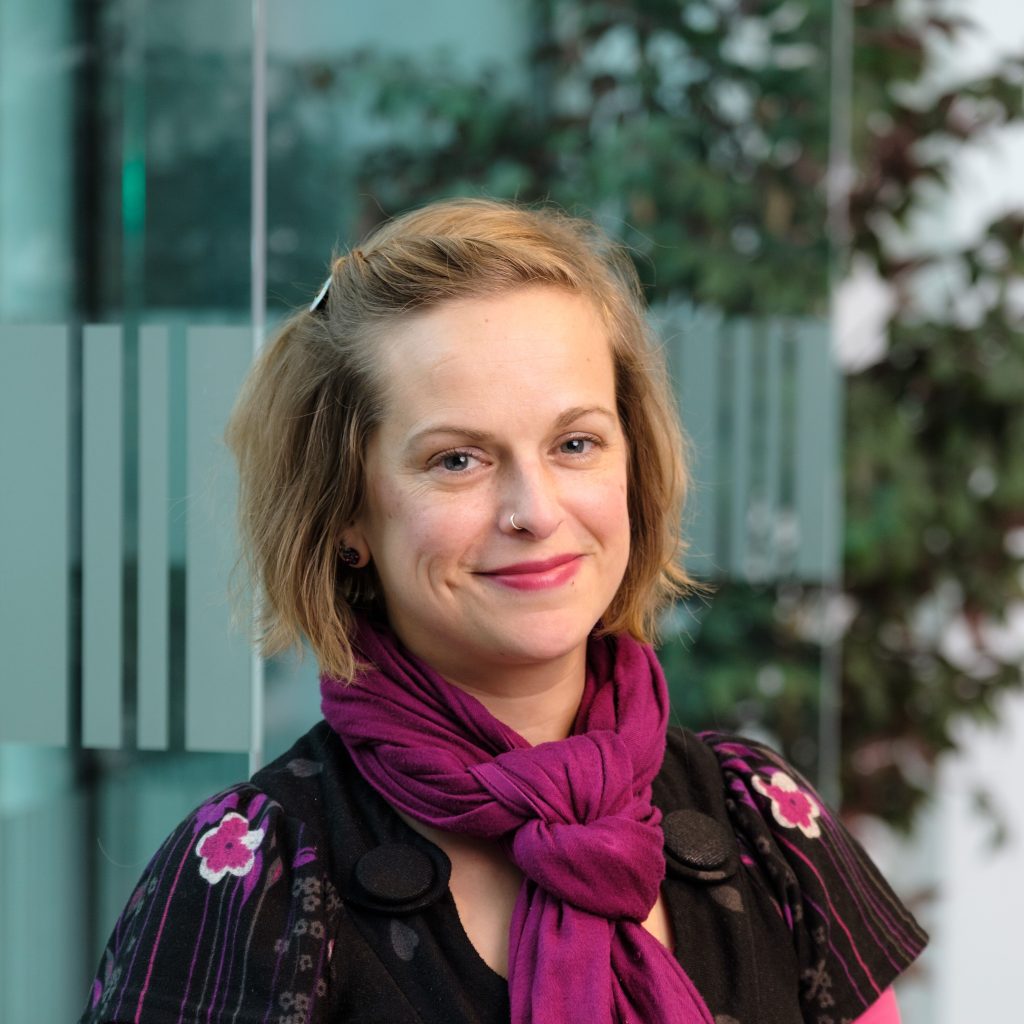
Dr Kate Smith
Knowledge Exchange Fellow in Floods and Society at the Energy & Environment Institute at the University of Hull
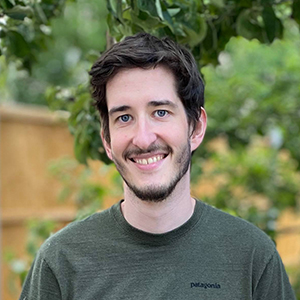
Dr Ed Brookes
Research Fellow in the Energy and Environment Institute at the University of Hull
I am a cultural geographer with research interests that revolve around exploring different historical and cultural engagements with the built landscape and how communities are affected by different experiences of displacement, precarity, community change, and destruction. I also specialise in utilising interdisciplinary and qualitative research methods, as my work often draws upon creative, archaeological, and archival techniques in order to understand people’s experiences of place. For instance, my PhD thesis explored the demolition of Robin Hood Gardens, a 20th century Brutalist social housing estate in East London, examining its cultural and historical representation within recoded media throughout the 20th and 21st centuries. The Risky Cities project represents an excellent opportunity to explore how communities are impacted by flooding and the ways in which local resilience can be improved through research informed learning histories.
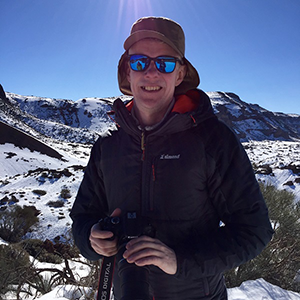
Professor Tom Coulthard (CI)
Professor of Physical Geography at the Energy & Environment Institute at the University of Hull
Flooding and how people are affected by flooding has been one of my main research interests since the widespread flooding in Hull in Summer of 2007. Following this event, I was asked to chair – and prepare – a report into the impact of the flooding on Hull. This report ended up being one of the first to investigate the flooding that affected many areas on the country that Summer – and our findings have helped shape national flood policy across the UK. What became apparent from this research was how little we understand how flooding affects people in the medium and long term. Aside from physical damage to property and possessions there are large gaps in how the mental and physical health of flood affected people have suffered. Key to this is how prepared or resilient populations are to flooding – including the awareness of the risks and what flooding might mean. These are issues are those we are especially interested in within Risky Cities and I’m looking forward to how the project will tackle these.
View Tom’s University Profile

Dr Stuart Mclelland
Deputy Director of the Energy & Environment Institute at the University of Hull
I’m Deputy Director of the Energy and Environment Institute of the University of Hull, and my research is focused on the physical modelling of rivers and estuaries – particularly understanding how climate change impacts on these environments. Over the past 12 months, I’ve led the development of our new MSc programme on Flood Risk Management to help train future leaders to respond to flood risk. This project is an excellent opportunity to bring a new dimension to flood resilience by using the arts to engage with people and enable them to be more resilient themselves.
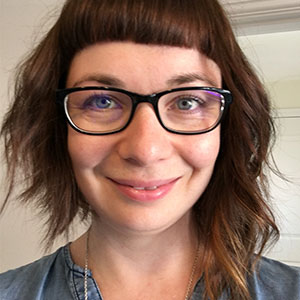
Dr Amy Skinner (CI)
Senior Lecturer in Drama and Theatre Practice in the School of the Arts at the University of Hull
I am a Senior Lecturer in Drama and Theatre Practice in the School of the Arts at the University of Hull. I began my career as a specialist in Russian and Early Soviet theatre, where I learnt a lot about theatre directing, stage design and puppetry. My book Meyerhold and the Cubists (on connections between theatre and fine art in the 1920s) was long-listed for the Best Publication award at the international Prague Quadrennial of Theatre and Performance Design in 2019. I now mainly work on the relationship between theatre and personal or social change, with a particular interest in engaging families and children with environmental issues. I am a theatre director, puppet-maker and storyteller, and in 2017, I collaborated with The Roaring Girls and playwright Zodwa Nyoni to create a sell-out City of Culture production called Weathered Estates. I am passionate about arts access for everyone!
View Amy’s University Profile
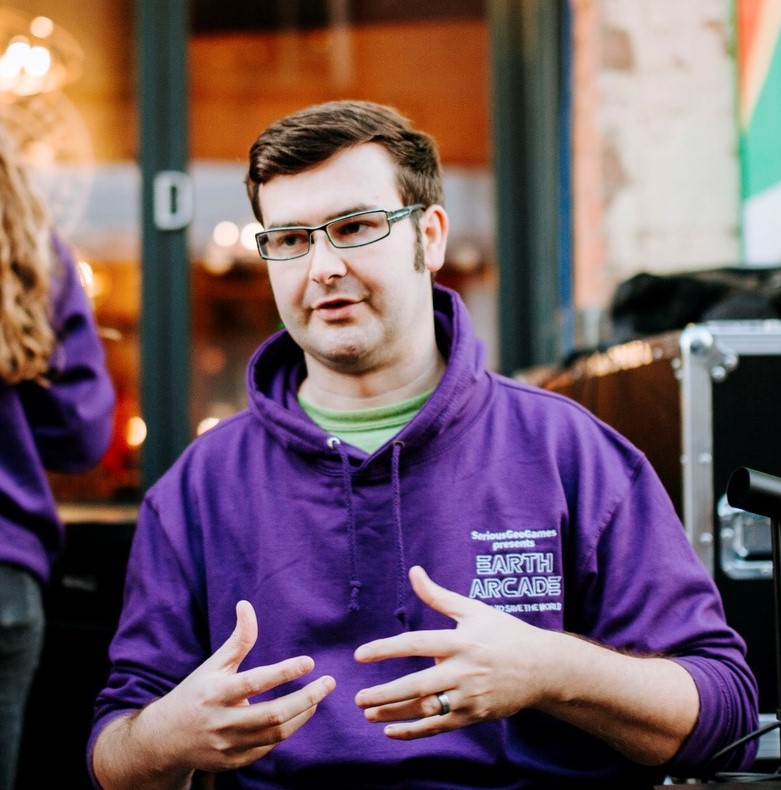
Dr Chris Skinner
Visiting Researcher at the Energy & Environment Institute at the University of Hull
I am a visiting researcher at the Energy and Environment Institute having previously holding a Research Fellow post (2017-2021). I specialise in the numerical modelling of flood risk and my work has contributed to flood risk management work by the Environment Agency and Hull City Council.
I am a passionate environmental storyteller, having developed the Earth Arcade project and producing many solutions-focused games, activities, and interactive exhibits to engage and enthuse people with environmental issues. My 360 immersive storytelling videos have been viewed over 3 million times on YouTube. Videogames tap into the most natural way we communicate – through stories. With 3.3 billion gamers worldwide, there is huge potential for increasing both awareness and agency with issues like flood risk.
View Chris’ Profile
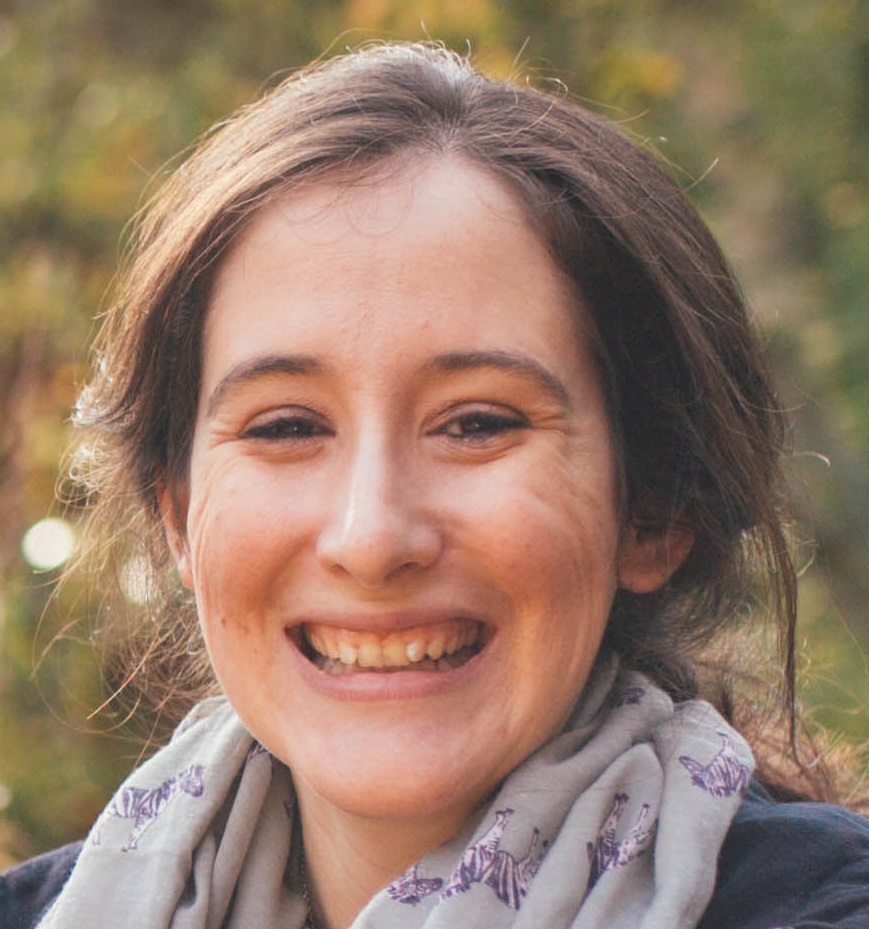
Dr Hannah Worthen
Postdoctoral Researcher at the Energy & Environment Institute at the University of Hull
I am a historical geographer who specialises in the early modern period. My PhD thesis examined the experiences of women during the Civil Wars in England and I have subsequently worked on projects that have interrogated women’s relationship with property and the landscapes around them. I am particularly enthusiastic about conducting archival research and then working on innovative ways to use these documents to tell stories about the past. My work for the Risky Cities project involves examining records of Hull’s medieval and early modern past to learn more about the ways in which people interacted with their watery landscapes, and then communicating that research to people today.










